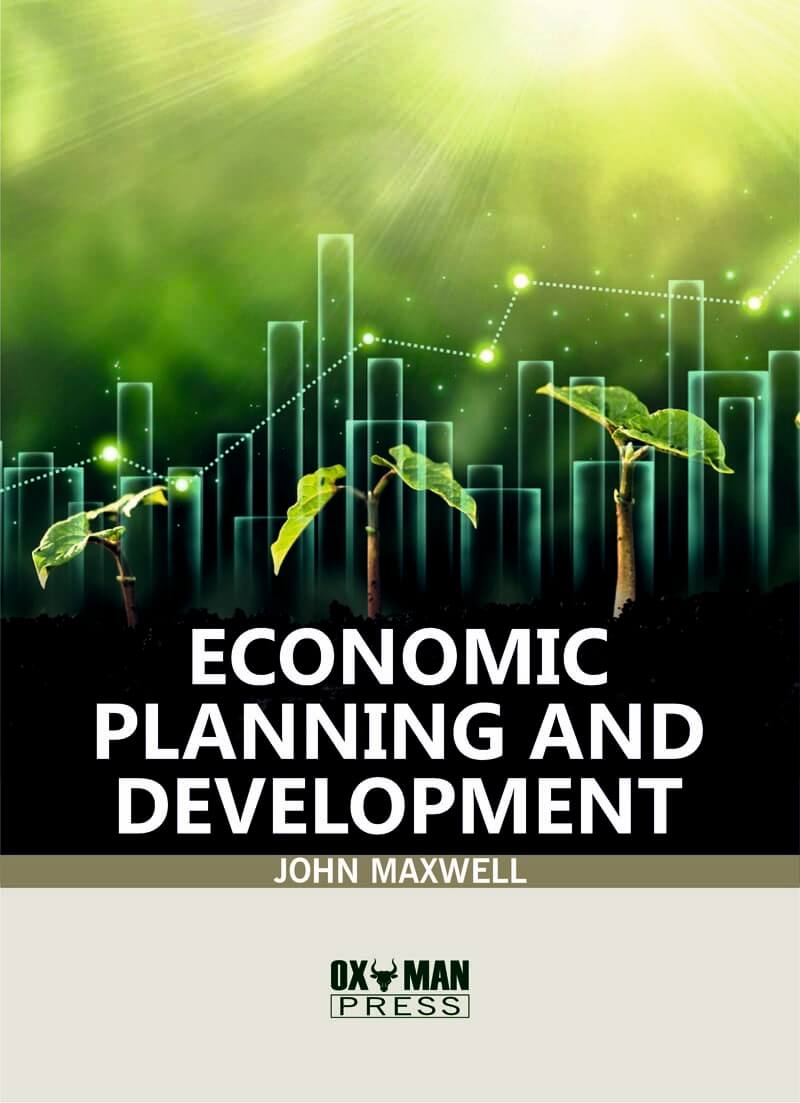Economic Planning and Development
| ISBN | 9781778806557 |
|---|---|
| Author | John Maxwell |
| Publisher | OXMAN PRESS |
| Publication Year | 2023 |
| Category | Economics |
| Price | $158.00 |
John Maxwell is a policy professor who holds a Ph.D. For more than 7 years, he has held academic posts in teaching, research, academic administration, and economic development strategy. In the domains of planning and regional economic development, he is a distinguished researcher and practitioner. As a policy adviser, John was involved. He was made vice chair of the Presidio Trust, where he was instrumental in turning the former army installation into a successful public building. He has held positions on the boards of the Fulbright Association, the Nature Conservancy, and the US Planning Association. Over 169 scientific articles and 17 books, such as Advanced Economic Theory, Macroeconomics Peddling Prosperity, International Economics, etc., have been written by him. William Paul is a Ph.D. candidate and professor. He earned a master's in regional planning, a Ph.D. in city and regional planning, a master's in economics, and a B.A. in urban studies. He co-edits the Journal of Planning Education and Research and is a Certified Planner. In the fields of local economic development planning, urban and regional development, brownfield redevelopment, and sustainable urban industrial systems, William Paul teaches, conducts research, and publishes. William Paul is the coauthor of Economic Revitalization: Cases and Strategies for City and Suburb and the author of Economic Development and Planning, Stemming Middle Class Decline: The Challenge to Economic Development Planning, and other books. Economic Development Quarterly, Journal of Planning Education and Research, Journal of the American Planning Association, and Journal of Industrial Relations are a few of the journals he has published in them.
